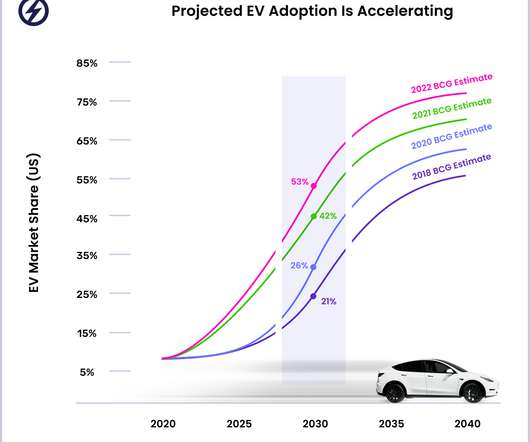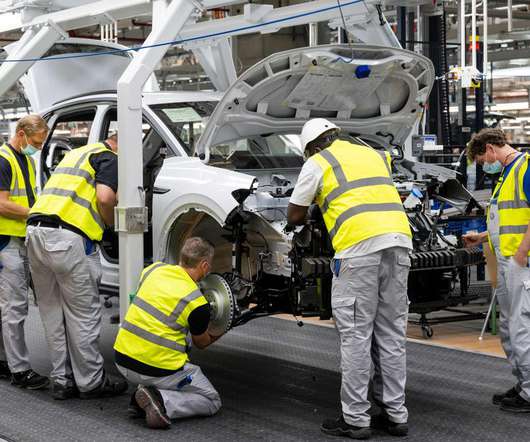PRTM: Operational Gains Can Help Drive Li-ion Cost Reduction Exceeding 50% by 2020, with Plug-in Vehicle Adoption of 10%
Green Car Congress
JANUARY 17, 2010
A series of recent reports—one from the National Research Council (NRC) ( earlier post ) and another from the Boston Consulting Group ( earlier post )—concluded that an expected continuing high cost of lithium-ion batteries will dampen mass market adoption of plug-in vehicles. Earlier post.).












Let's personalize your content